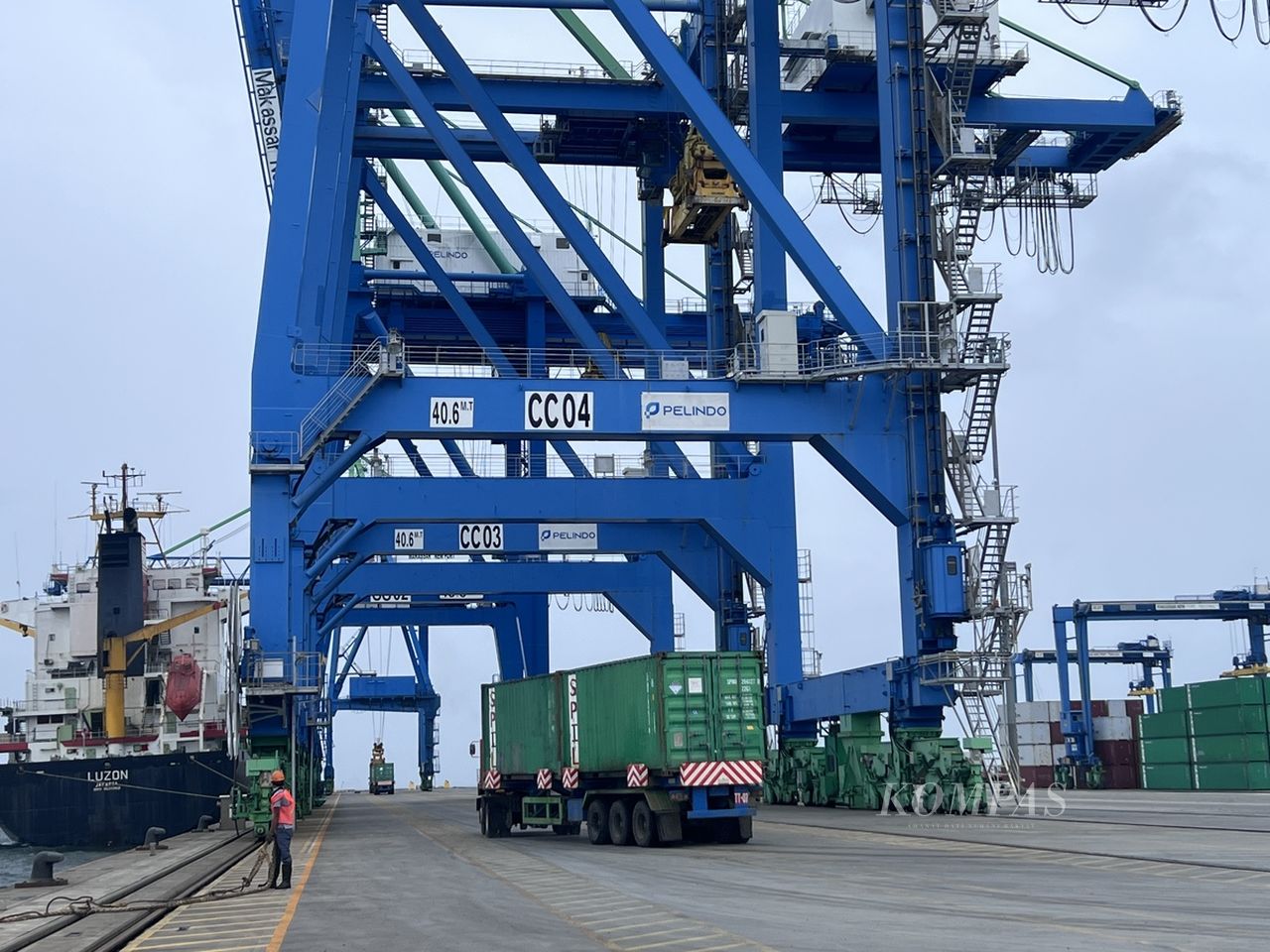Indonesia Rejects Protectionism Despite Global Economic Challenges
JAKARTA, RAKYAT NEWS – The head of Indonesia’s National Development Planning Agency (Bappenas), Rachmat Pambudy, recently acknowledged the increasing complexity of the global economy but firmly stated that Indonesia would not adopt protectionist policies.
Protectionism refers to economic policies aimed at shielding domestic industries from foreign competition, often by imposing trade barriers. Despite the growing global trend toward protectionism, particularly following Donald Trump’s victory in the 2024 U.S. presidential election, Indonesia remains committed to open trade and market access.
During the CORE Economic Outlook 2025 event in Jakarta on November 23, Rachmat emphasized that while the world economy is increasingly shifting towards protectionism, Indonesia will ensure its sovereignty is protected without restricting international trade.
He noted that this balancing act was essential as Indonesia aims to protect its domestic economy while maintaining global market engagement. “We protect ourselves but we are not protectionist,” Rachmat said during his speech.
Rachmat’s comments come amid rising concerns that global trade barriers will increase following Donald Trump’s return to power. Experts predict that Trump will further emphasize protectionist policies, particularly with regard to tariffs on goods from countries like China and ASEAN members such as Vietnam. In light of this, Indonesia’s stance remains clear: they will continue advocating for free and fair trade, rejecting the notion of isolationist policies that could hinder economic growth.
President Prabowo Subianto has also publicly acknowledged the importance of free trade but stressed that it must be fair. According to Rachmat, while free trade is crucial for Indonesia’s economic growth, ensuring equitable conditions for domestic industries is equally important. Indonesia’s government has repeatedly called for a more balanced global trade system, where developing countries are not disadvantaged by unfair trade practices.
Minister of Finance Sri Mulyani Indrawati highlighted the potential shifts in U.S. economic policy under Trump, including corporate tax cuts, expanded government spending, and a possible extension of import tariffs. Sri Mulyani warned that countries like Vietnam and other ASEAN members could face new tariffs as the U.S. seeks to impose stricter trade policies on foreign nations. She expressed concern about these developments and their potential impact on regional trade dynamics.
In addition to trade concerns, Sri Mulyani noted that Trump might push for a ceasefire in ongoing global conflicts, such as the Russia-Ukraine war. However, she also cautioned that the U.S. administration’s stance on climate change could change, especially given Trump’s previous emphasis on increasing fossil fuel usage to boost the U.S. economy. This shift, she warned, could affect global energy prices and impact sectors such as electric vehicles (EVs).
While the U.S.’s shift towards protectionism and possible policy changes pose challenges for global trade, Indonesia is focused on fostering a resilient economy that can navigate these turbulent times. Rachmat Pambudy assured that Indonesia’s strategic direction will not change, despite external pressures. The government remains committed to fostering international partnerships that will support sustainable growth.
Indonesia’s economic planning under the leadership of Bappenas aims to balance global economic forces with national interests. The country is preparing for future challenges by focusing on resilience and maintaining competitiveness in the global market. Despite the uncertainties of global trade, Indonesia will continue advocating for policies that promote both national development and international cooperation.
As Indonesia seeks to strengthen its economy, it is essential that policymakers continue to monitor global trends and adapt strategies accordingly. The Bappenas chief’s remarks underscore the nation’s commitment to maintaining a flexible yet firm approach to global economic relations, ensuring that Indonesia remains a key player on the world stage while safeguarding its own economic interests. (Uki Ruknuddin)


Tinggalkan Balasan Batalkan balasan